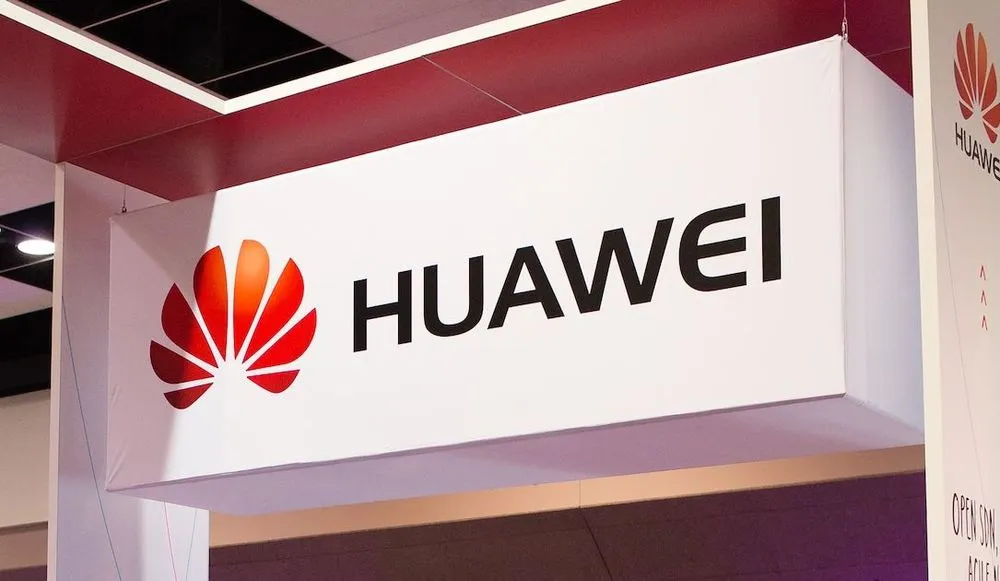Spain awards Huawei contracts to manage intelligence agency wiretaps
The Spanish government is using Huawei to manage and store judicially authorized wiretaps in the country used by both law enforcement and intelligence services, despite concerns about how the Chinese government could compel Huawei to assist Beijing with its own intelligence activities.
The Ministry of the Interior officially awarded Huawei a €12.3 million ($14.3 million) contract following a standard public procurement process, as first reported by Spanish digital newspaper The Objective. Huawei had already been contracted to provide technical support to SITEL (Sistema Integrado de Interceptación Legal de las Telecomunicaciones), Spain’s integrated system for intercepting telecommunications.
While the contract for storing wiretaps requires Huawei to comply with cybersecurity guidelines set by the Spain’s National Cryptologic Center, according to The Objective there is “growing unrest” in the National Police and Guardia Civil over the Chinese company’s involvement with sensitive systems.
Concerns about Huawei have seen the company restricted from 5G networks across the European Union, as well as varying levels of bans in networks of NATO allies such as the United States and United Kingdom.
The Objective reported that Spanish Prime Minister Pedro Sánchez has been among the EU’s most supportive leaders regarding Huawei, and has pushed back against the bloc’s efforts to restrict it from 5G networks. Huawei has opened research facilities in Madrid and is a major employer as a technology contractor for a number of public administrations.
Natasha Buckley, a researcher at RUSI and lecturer in cybersecurity at Cranfield University, told Recorded Future News that Spain’s approach to the company stood in stark contrast to that of other NATO allies and many EU member states.
“Spain’s stance on high-risk technology vendors places greater emphasis on supply chain reliability than on geopolitical considerations, setting it apart from more restrictive approaches seen in countries like the UK, the Netherlands and Poland.
“While the EU’s 5G Cybersecurity Toolbox recommends limiting or excluding high-risk Chinese suppliers like Huawei, Spain’s implementation has been uneven. Huawei is restricted from some public 5G projects, yet its servers have been approved to store sensitive police wiretap data. The result is a case-by-case approach that falls short of a clearly defined policy towards high-risk vendors,” Buckley said.
Despite concerns about its links to the Chinese Communist Party and exposure to Beijing’s intelligence apparatus, Huawei itself has stressed that no backdoor has ever been found in its telecommunications equipment. A spokesperson did not respond to a request for comment regarding its involvement in Spain’s wiretap system.
Beijing has accused the West of falsely claiming that Chinese equipment poses a security risk, alleging that the restrictions are actually a protectionist economic measure.
Western concerns regarding the risk posed by Chinese equipment vendors are often expressed in the context of Beijing’s offensive cyber espionage activities and China’s National Intelligence Law of 2017, which allows the state to “compel anyone in China to do anything,” as summarized by Britain’s National Cyber Security Centre.
Following publication of this story, a Huawei spokesperson said:
All Huawei products available in the Spanish market fully comply with local laws, regulations, and applicable product admission criteria and standards.
With regard to the product concerned, namely OceanStor Dorado, is a common flash storage hardware that complies with the regulations related to the National Security Scheme and ICT security guide CCN-STIC. Huawei has no access to customer data, all the information stored in hardware belongs to and is at the exclusive disposal of the customer.
Cybersecurity is Huawei’s top priority. Over the past 24 years, Huawei has kept a proven cybersecurity track record in Spain. We remain dedicated to working with our partners to strengthen Spain’s ICT ecosystem and drive positive societal impact.
Alexander Martin
is the UK Editor for Recorded Future News. He was previously a technology reporter for Sky News and a fellow at the European Cyber Conflict Research Initiative, now Virtual Routes. He can be reached securely using Signal on: AlexanderMartin.79



